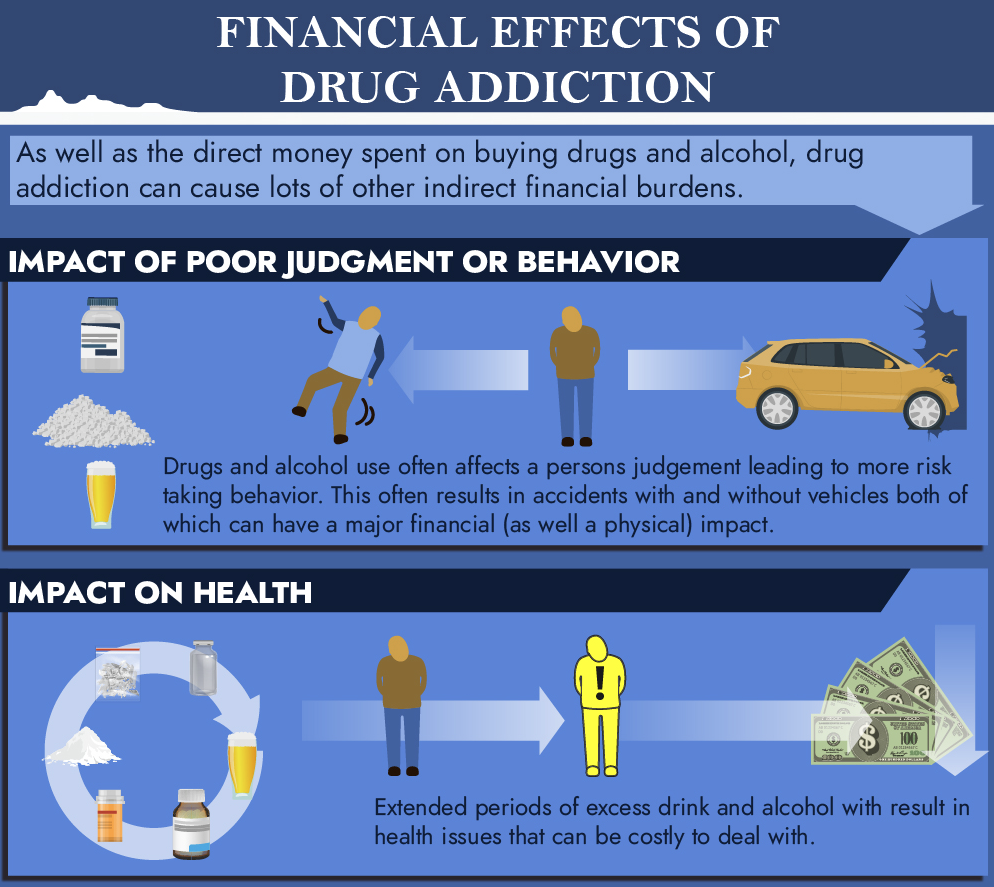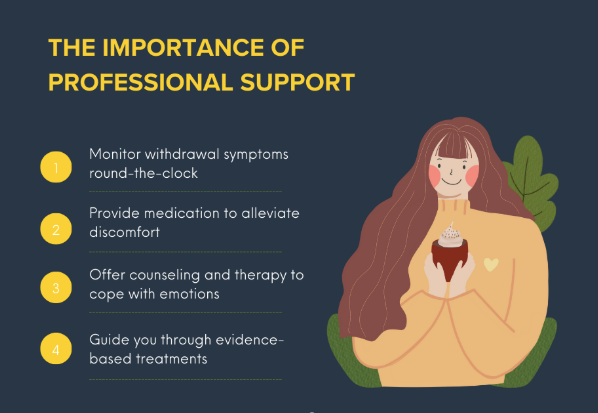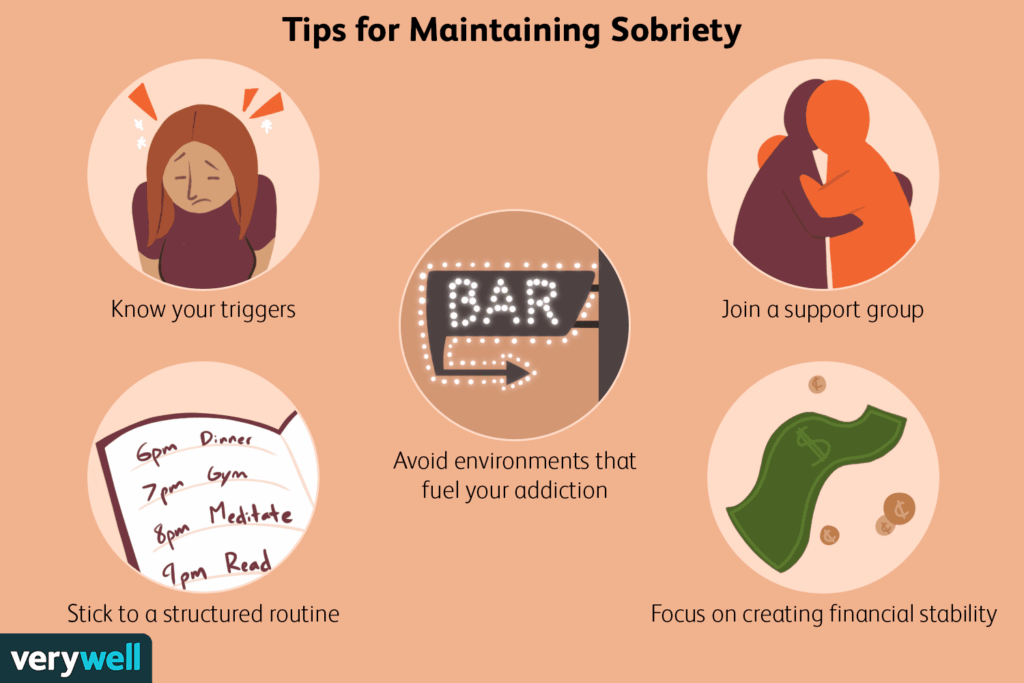Want to know how to detox from weed quickly and safely? Start by quitting marijuana entirely. This article will guide you through managing withdrawal symptoms, using natural methods, and seeking professional help.
Key Takeaways
- The initial step in marijuana detox is to completely cease use, which enables the body to begin eliminating THC and other cannabinoids.
- Marijuana withdrawal symptoms typically emerge within 24 to 72 hours after last use, peaking between days two and six, and can last several weeks.
- Professional support significantly enhances the detox process, providing tailored interventions and coping strategies while reducing the risk of relapse.
Steps to Start Your Weed Detox Journey

Embarking on a weed detox requires an immediate and complete halt to cannabis use. This is the cornerstone step in your detoxification journey, enabling your body to begin flushing out THC along with other cannabinoids from your system.
The speed and effectiveness of the weed detox process are contingent upon various elements such as how often you’ve used marijuana, the potency of the products consumed, individual metabolic rates, and overall health status. Those who regularly partake or indulge in potent THC substances might find themselves facing a prolonged and more rigorous challenge during their detoxification efforts. Acknowledging personal factors that contribute to usage—like stressors or social scenarios—and steering clear can help sustain progress throughout this period.
Going through a successful weed detox extends beyond just refraining from marijuana. It encompasses embracing broader lifestyle adjustments, leaning on available support networks, and possibly seeking professional assistance if needed. Addressing these areas ensures you’re well-equipped for tackling this path ahead while enhancing your prospects for effectively purifying yourself from cannabis residues.
Understanding Marijuana Withdrawal Symptoms
Symptoms of marijuana withdrawal Commence between 24 to 72 hours following the last instance of usage. The experience can differ greatly from one individual to another, with widespread symptoms encompassing irritability, anxiety, anger, and sleep disruptions.
Some may encounter physical signs such as headaches, chills, and muscle stiffness. These are less frequent but still recognized common symptoms.
Typically reaching their zenith on days two through six post-cannabis cessation, symptoms including insomnia heightened anxiety levels and gastrointestinal distress might intensify significantly during this period. Persistent insomnia tied to cannabis withdrawal can endure over a month in certain cases—particularly for those who use daily or consume products high in THC—as they face an elevated likelihood of enduring more acute withdrawal effects.
After about two weeks from stopping marijuana use, the intensity of withdrawal indicators usually begins to subside even though some may linger for additional weeks. During this phase cravings and a diminished appetite frequently arise too. Comprehending these potential reactions along with their duration aids in psychological and physiological preparation when undergoing the detox process.
Effective Strategies for Managing Withdrawal Symptoms
Managing withdrawal symptoms effectively is essential for a successful detox from marijuana. Initial treatment often includes supportive counseling and psychoeducation, providing strategies to cope with the process and emotional support during this difficult time.
Incorporating relaxation techniques such as meditation can greatly alleviate stress and anxiety associated with withdrawal while also encouraging a state of calmness. Consuming a nutrient-rich diet aids in the body’s natural detoxification processes, with herbal teas offering additional cleansing benefits due to their detoxifying properties.
Engaging in regular exercise plays a pivotal role in coping with specific withdrawal symptoms. It not only boosts overall health, but also assists the body in eliminating THC by enhancing metabolic function. Ensuring proper hydration and adhering to a consistent sleep routine are vital measures that help mitigate various discomforts linked to withdrawing from marijuana.
Outpatient programs provide structured assistance along with multiple treatment options tailored specifically at treating facilities, allowing individuals to tackle unique withdrawal challenges efficiently within an organized framework designed around each person’s needs through the duration of their detox journey.
The Role of Professional Support in Weed Detox

Receiving expert assistance throughout the process of weed detox can greatly enhance your likelihood of successfully overcoming addiction. This support is designed to cater specifically to each person’s unique withdrawal symptoms. Medical oversight during this phase ensures that strategies and medications are tailored effectively for symptom management.
Treatment centers employ therapists who provide crucial tactics for coping with withdrawal symptoms. Behavioral techniques such as cognitive-behavioral therapy help tackle the root issues associated with substance use and marijuana addiction, thereby minimizing the chance of relapse and aiding in sustained recovery.
Groups like Marijuana Anonymous play a pivotal role by creating a sense of community among those working towards sobriety. These support networks offer continuous motivation and camaraderie, which proves invaluable in dealing with the difficulties encountered during detoxification from cannabis.
Natural Methods to Aid Marijuana Detox
Effective natural strategies can assist in the detoxification from marijuana. Ensuring adequate hydration aids the liver and kidneys in purging toxins, with water, cranberry juice—a notable detoxifier—and herbal teas enhancing this process.
The combination of ample fluid intake with consistent exercise and a diet rich in nutrients helps to expedite the elimination of THC. Regular physical activity is not only instrumental in ridding the body of THC, but also benefits overall health. Similarly, foods abundant in vitamins and minerals facilitate detox efforts.
Adopting such healthy practices daily can have a profound effect on your journey to rid your body of THC. A well-rounded diet paired with regular exercise and proper hydration not only assists in clearing THC but also elevates general health. These holistic methods provide an accessible way to integrate effective marijuana detox into one’s everyday life.
How Long Does It Take to Detox from Marijuana?

The duration of the marijuana detox process varies based on factors like the frequency and amount of use. Withdrawal symptoms typically appear 24 to 48 hours after the last use and can last up to two weeks. During peak withdrawal, symptoms like insomnia, anxiety, and gastrointestinal discomfort may occur.
The post-acute withdrawal phase can last from weeks to months, with cannabinoid receptors taking about four weeks to normalize. For heavy users, traces may remain in the system for up to three months.
Marijuana can typically be detected in urine for up to 30 days for regular users and longer for heavy users. Hair tests can detect THC for up to 90 days post-use. Knowing these timelines helps prepare for the detox process and set realistic expectations for your sobriety journey.
Marijuana Drug Tests: What You Need to Know
Marijuana drug tests come in various forms, each with specific detection windows. Blood tests for THC are effective for up to 12 hours post-use, while saliva tests can identify THC for up to 24 hours after consumption. These tests are often used for detecting recent marijuana use.
THC metabolites are released from fat cells over time, prolonging detection in drug tests. Urine tests, the most common form, can detect THC for up to 30 days in regular users and longer in heavy users. Hair tests can detect THC for up to 90 days post-use.
Knowing the different types of marijuana drug tests and their detection windows is crucial, especially if subject to regular drug test testing. This knowledge helps you plan your detox process and avoid unexpected urine test results.
Risks of Detoxing from Marijuana on Your Own
Embarking on a marijuana detox by oneself can be fraught with risks and hurdles. One of the most significant perils is the possibility of relapsing due to the challenging nature of sustaining abstinence unassisted. This difficulty is particularly pronounced for individuals grappling with overcoming dependencies related to weed, including addiction and broader issues involving substance misuse.
During the detox process, one’s physical health may be compromised, presenting problems such as:
- gastrointestinal discomfort
- feelings of nausea
- episodes of vomiting
- risk of dehydration
The reliability and safety surrounding commercial marijuana detox kits are uncertain at best, which could present additional dangers to one’s health. When left without expert supervision, those in withdrawal might turn to various other substances or multiple substances incorrectly in an attempt at self-medication—this misstep can have complex consequences.
To navigate through withdrawal symptoms more effectively and mitigate potential risks associated with them, enlisting professional support for a structured marijuana detox is strongly advised. Specialists offer invaluable assistance that equips individuals with necessary strategies and resources tailored specifically for dealing safely and successfully with challenges linked to disorders arising from chronic marijuana use.
Tips for Maintaining Sobriety Post-Detox

Sustaining a sober lifestyle after detoxification is an ongoing process that demands continued effort and assistance. Marijuana Anonymous (MA) provides enduring support via group settings, offering you the opportunity to connect with individuals who share your experiences. The sense of community and responsibility found within these groups is essential for sustained abstinence from substance use.
Adopting healthier habits into everyday life plays a key role in ensuring long-term sobriety. Pursuing a nutritious diet, committing to regular exercise, and partaking in activities that foster relaxation and well-being are all pivotal strategies for maintaining your path. Confronting any co-occurring mental health issues through therapeutic intervention helps prevent relapse by cultivating healthy coping mechanisms which contribute to overall wellness.
Persistently seeking out healthcare professionals along with consultations from medical experts will provide continuous motivation as well as the resources necessary for upholding sobriety. A proactive attitude toward recovery coupled with dedication paves the way to enduring success in sobriety management.
Summary
Embarking on the journey to cleanse your body of marijuana is a crucial yet demanding step towards embracing a healthier lifestyle. To effectively tackle this challenge, it’s vital to comprehend the potential withdrawal symptoms that may arise, devise practical strategies for their management and seek out professional assistance when necessary. Utilizing natural approaches such as staying hydrated, engaging in physical activity, and maintaining a nutritious diet can significantly enhance the process of detoxification.
The endeavor to remain sober after completing detox involves consistent effort and accessing supportive resources. It’s important to integrate healthier routines into daily life, continue seeking support networks or guidance where needed, and take an active role in your continued recovery pathway. The pursuit toward living without reliance on cannabis is more akin to an enduring long-distance race than a swift dash—every deliberate move forward signifies progress toward well-being and contentment.
Frequently Asked Questions
How long do marijuana withdrawal symptoms last?
Marijuana withdrawal symptoms generally last up to two weeks, with the most intense symptoms occurring between days two and six.
What are some effective strategies for managing marijuana withdrawal symptoms?
To effectively manage marijuana withdrawal symptoms, it is essential to incorporate supportive counseling, relaxation techniques such as meditation, a balanced diet, regular exercise, and proper hydration.
Implementing these strategies can significantly ease the withdrawal experience.
How long can THC be detected in drug tests?
THC can be detected in urine for up to 30 days in regular users, while it remains detectable in blood for about 12 hours, in saliva for approximately 24 hours, and in hair for up to 90 days.
Therefore, the duration of detection varies significantly depending on the testing method and frequency of use.
What are the risks of detoxing from marijuana on your own?
Undertaking self-detoxification from marijuana can be risky, with potential issues including the chance of a relapse, encountering physical health problems such as nausea and dehydration, and the risk of turning to other substances for misuse.
It’s imperative to proceed carefully when attempting detox and to think about getting assistance from professionals.
How can I maintain sobriety after detoxing from marijuana?
It is crucial for those who have detoxed from marijuana to pursue support through organizations like Marijuana Anonymous, cultivate healthier lifestyle practices, and tackle any concurrent mental health conditions in order to preserve their sobriety.
Adopting this holistic strategy greatly improves the probability of achieving sustained recovery over an extended period.

